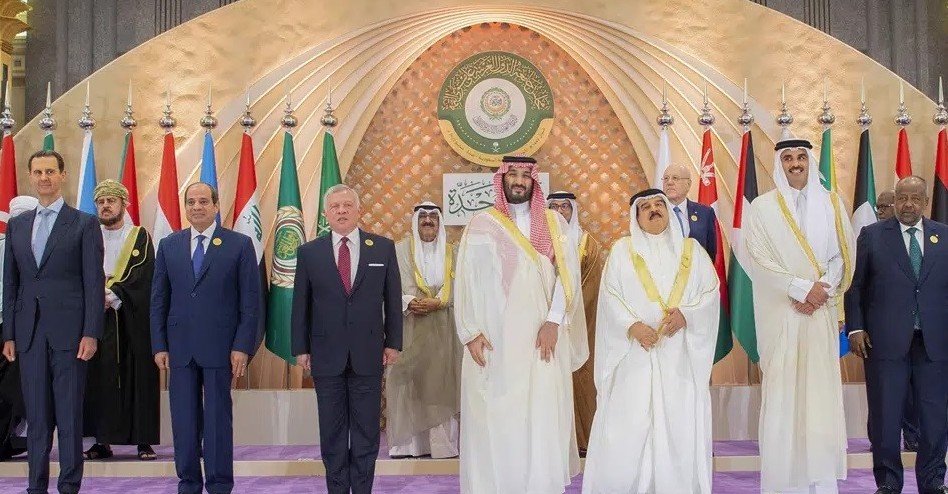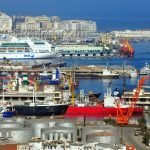The 32nd annual Arab League summit, hosted by Saudi Arabia on 19 May, concluded with a joint declaration issued by the regional bloc. The declaration emphasized the need to end foreign interference in the region and expressed unwavering support for the liberation of Palestine.
The joint statement unequivocally called for the cessation of foreign interference in the internal affairs of Arab countries and denounced any support for the formation of armed groups or militias outside the purview of state institutions. It also underscored that the Israeli occupation of Palestine remained a significant destabilizing factor in the region. The statement condemned the severe violations and practices targeting the lives, property, and existence of Palestinians, while advocating for the establishment of a sovereign Palestinian state based on the 1967 borders, with East Jerusalem as its capital.
Furthermore, the Arab League hailed the decision to welcome Syria back into its fold, commending the importance of intensifying pan-Arab efforts to assist Syria in overcoming its crisis. The statement highlighted the significance of joint Arab endeavors and the fraternal relations that bind all Arab peoples.
During the summit’s closing remarks, Saudi Crown Prince Mohammed bin Salman (MbS) emphasized the necessity of averting conflicts in the region and assured attendees that global peace was within reach. He expressed hope that Syria’s reintegration into the Arab League would contribute to the resolution of its crisis.
Earlier in the day, MbS warmly received Syrian President Bashar al-Assad at the summit venue, marking the end of Syria’s 12-year isolation within West Asia, following a US-backed war. Algerian Prime Minister Ayman Benabderrahmane enthusiastically welcomed Syria’s return in his opening speech.
President Assad, in his address, stated that the international landscape, predominantly shaped by a unipolar world led by the West, necessitated a change. He highlighted the collective opposition to extremist armed groups, referring to the Syrian opposition, many of which had received support from Arab League member states such as Saudi Arabia and Qatar.
An unexpected presence at the summit was Ukrainian President Volodymyr Zelensky, who arrived at the last minute via a French government aircraft. Zelensky’s speech, regarded by regional observers as an “entertainment break,” invoked the Arab world’s history of invasion and occupation, asserting that Ukraine would never succumb to foreign domination or colonization. He criticized those who turned a blind eye to the issue of prisoner of war camps and illegal annexations, while expressing his country’s alliance with the Israeli government. Zelensky departed for Japan thereafter to seek further military and financial assistance from G7 leaders.
Following his earlier meeting with Zelensky, MbS expressed the Kingdom’s willingness to continue mediating efforts between Russia and Ukraine, while affirming support for all international endeavors aimed at achieving a political resolution to the crisis and enhancing security.
According to reports in Russian media, Zelensky was expected to meet with a Moscow delegation during his brief stay in Jeddah.



